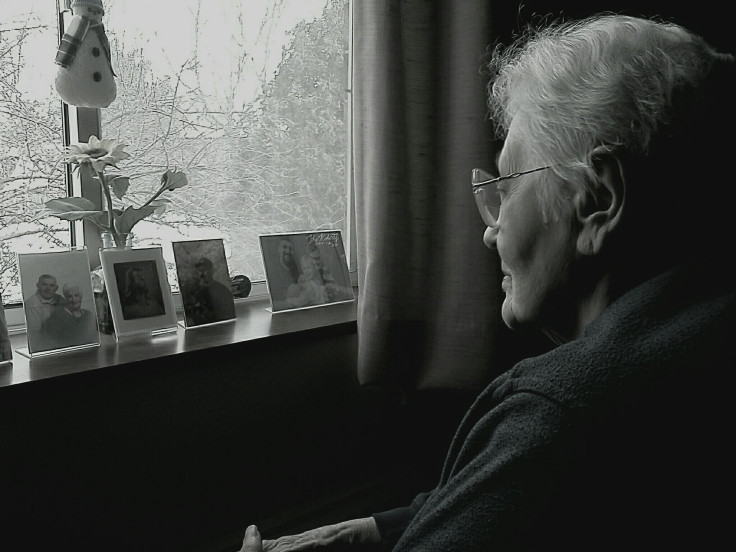Dementia Risk May Be Greater For Those Already Diagnosed With Depression, Type 2 Diabetes

Depression and diabetes may increase risk for dementia, according to a new study published in JAMA Psychiatry. The conditions have each previously been associated risk for dementia, but the present study finds both conditions at once develop an even greater risk compared to individuals with neither condition.
Researchers followed 2.4 million Danish citizens from 2007 through 2013, each aged 50 or older and without dementia. During this period, 2.4 percent of participants, which is nearly 60,000 people, developed dementia. And of those who developed dementia, 26.4 percent also had depression; 10.8 percent had type 2 diabetes; and 6.7 percent had both conditions.
While type 2 diabetes on its own increased dementia risk by 20 percent, and depression increased risk by 83 percent, both conditions together increased risk by 117 percent. Perhaps surprisingly the risk was greatest for participants younger than the age of 65.
However, researchers concluded they’ll need to conduct further research in order to better understand the links they found in their research. Dr. Charles F. Reynolds, of the University of Pittsburgh Medical Center, said in a separate statement the study as is “illustrates the need for convergent scientific approaches to meet the challenge of promoting healthy brain aging and cognitive fitness into the last years of life.”
The World Health Organization (WHO) reported 47.5 million people have dementia, and each year, there are 7.7 million new cases. It’s why WHO’s Mental Health Gap Action Programme prioritizes the condition, which generally “aims to scale up care for mental, neurological, and substance use disorders.”
As more research is devoted to risk factors for dementia, or just healthy brain again, scientists find staving off memory problems are simpler than one might realize. A recent study published in the journal Neurology found middle and old age participants engaged in the arts (think of painting and pottery), as well as social activities and regular computer users, were 73 percent less likely to develop mild cognitive impairment (MCI), a disorder associated with Alzheimer’s disease. And Alzheimer’s is believed to cause between 60 and 70 percent of dementia cases.
WHO found an early diagnosis is key when it comes to dementia care, following by optimizing physical health, cognition, activity, and well-being; treating other illnesses; treating behavioral and psychological symptom; as well as providing information and support to caregivers.
Source: JAMA Psychiatry. 2015.



























